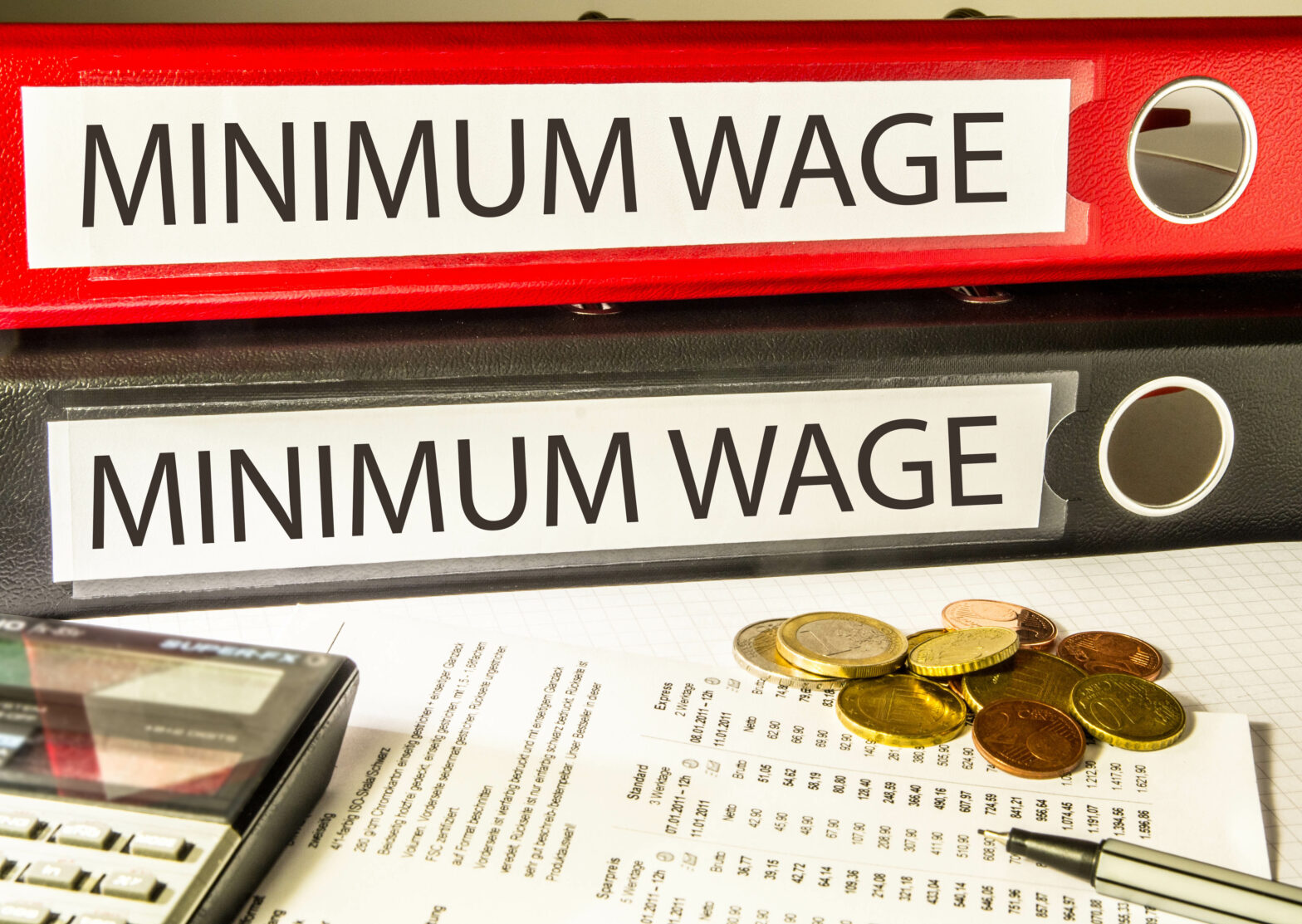The largest list of employers to be named and shamed for failing to pay their workers the National Minimum Wage was published last week, but little sympathy seems to be with small businesses in regards to the impact on their margins.
Almost 200 employers who failed to pay their workers the legal minimum have been publicly named, Business Minister Margot James announced. And whether you are a corporate with massive profits or a small business with three members of staff, you have a responsibility to comply with a law that was introduced in the name of ‘fairness’.
But for many companies the costs of hiring the right workers has been put up to levels that can shake the foundations of the business. Glyn Shemwell, founder of Wecleananyhome.com says the new living wage has significantly affected his small cleaning management company to such an extent.
‘We always paid slightly more than the minimum wage and were always able to recruit cleaners,’ he says. But this year recruiting has been a nightmare as we are not only competing against other cleaning companies for staff but also any relatively low pay sector such as supermarkets, hotels, hospitality etc as they have all increased their rates.’
As a result he has to turn work away on a weekly basis as he does not have the staff to do it. ‘If we lose a cleaner we generally lose their client base as we cannot replace them either.
It’s frustrating as our margins are very tight and we are not fat cats thriving off the low paid, our cleaners now earn over 80 per cent of what we charge the clients.’
Shemwell has tried putting prices up to enable him to pay more but, as he says, there is a limit to what clients are prepared to pay a cleaner.
Between them, the 198 companies named and shamed owed £466,219 in arrears, across a range of employers including football clubs, hotels, care homes and hairdressers. All of the money owed to these workers has been paid back to them.
James says the government is determined to build an economy that works for everyone, not just the privileged few.
‘That means making sure everyone gets paid the wages they are owed, including our new, higher, National Living Wage. It is not acceptable that some employers fail to pay at least the minimum wage their workers are entitled to.’
But for companies like Shemwell’s, the impact of having to pay the higher rate can be a bitter pill to swallow.





